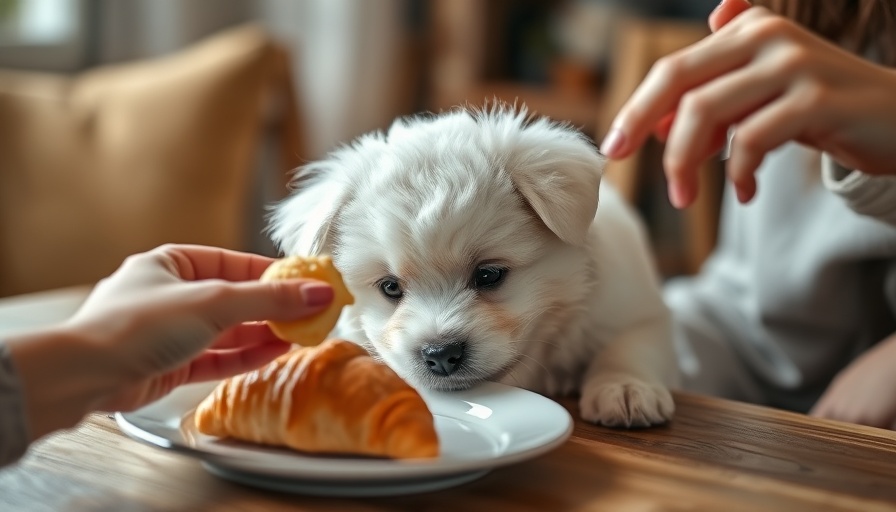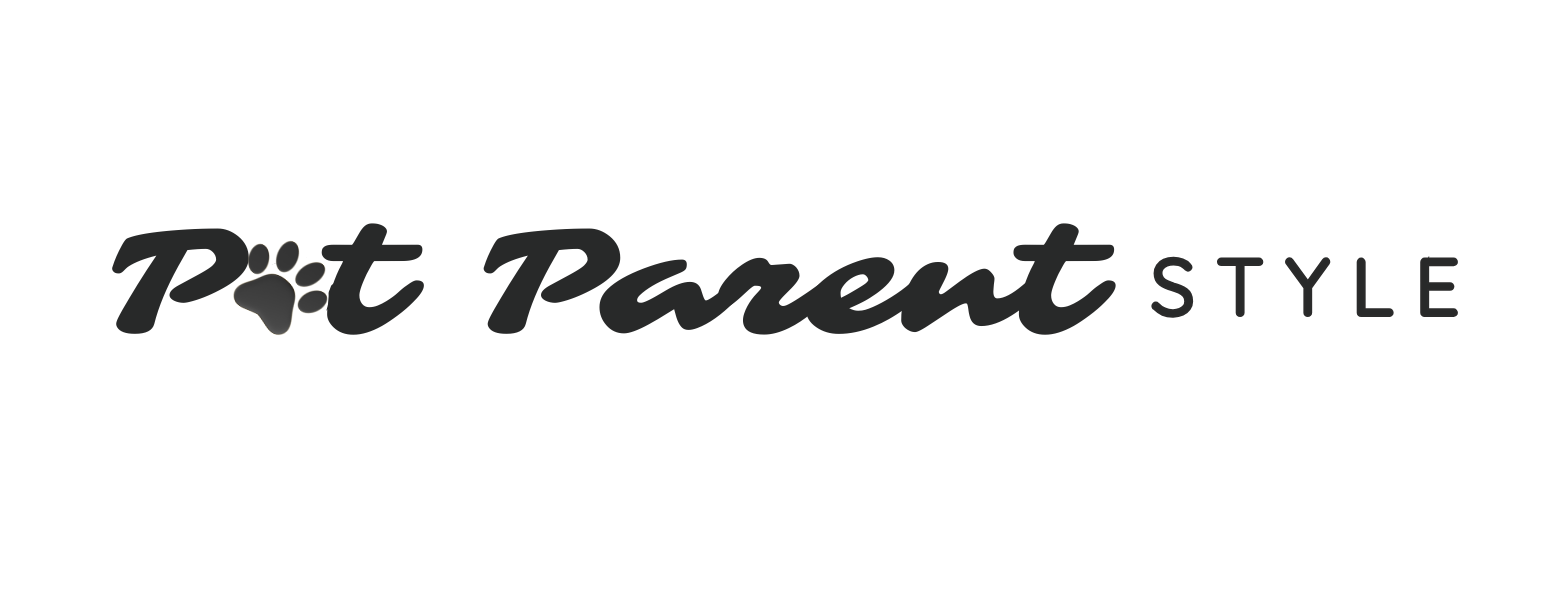
Sharing Food: A Delicate Balance Between Bonding and Health
As a puppy parent, it's only natural to want to share special moments with your new furry friend, including tasty snacks from your plate. However, while the thought is heartwarming, it's crucial to understand the intricacies involved in feeding your puppy human food. Puppies, with their developing systems, are often more susceptible to digestive difficulties, making safe feeding practices paramount in promoting their health.
What Human Foods Are Puppy-Friendly?
Understanding which human foods can safely be shared is essential. Fortunately, there are various options that can be both delightful for your puppy and nutritious. Foods like cheese, yogurt, and eggs can provide beneficial nutrients when offered in moderation. In fact, the creamy texture of yogurt can be a delightful treat, and proteins found in eggs foster healthy growth in puppies.
The following foods can typically be shared safely with your puppy:
- Lean meats (e.g., chicken and turkey) - Cooked and without seasoning
- If your puppy enjoys seafood, unsalted fish is another option
- Vegetables such as carrots and sweet potatoes, which are high in vitamins
- Fruits like bananas and blueberries, offering natural sweetness
- Peanut butter: a favorite for many dogs, ensure it's free from xylitol
Foods to Avoid: The Top Offenders
Despite the many options available for sharing, dog owners must be vigilant regarding foods that are toxic to puppies. Items like chocolate, grapes, and onions can lead to severe health issues or even be fatal. As a responsible pet owner, recognizing the dangers is vital.
Here’s a list of particularly harmful foods:
- Almonds and macadamia nuts
- Cooked bones which can splinter and cause blockages
- Sweets, especially those containing chocolate and sugar
- Citrus fruits, which can upset their stomachs
- Garlic and onions, which are often overlooked but can be hazardous
If your puppy accidentally consumes any of these unsafe items, it's crucial to reach out to a veterinarian immediately for guidance.
When to Introduce Human Food to Your Puppy
The best time to start incorporating human foods into your puppy's diet is once they have transitioned to a solid food regimen, typically around eight weeks old. Early exposure should be monitored, with new treats introduced gradually to observe for any adverse reactions.
As your pup matures, their digestive system will become more robust, allowing for a broader range of treats. Still, the primary diet should remain high-quality veterinarian-approved canine food to maintain balanced nutrition.
Understanding Your Puppy’s Unique Needs
Every puppy is unique, and understanding their specific needs can make all the difference in building a healthy relationship. Consulting with your veterinarian can provide valuable insight into what foods suit your puppy based on their health status and nutritional requirements.
Creating a Loving Environment Through Careful Choices
Feeding your puppy should always align with care and love. Making informed choices about human food not only safeguards your pup's health but also helps deepen the bond between you two. Remember, sharing is caring, but it should always be safe.
In embracing this empathetic approach to care, owners can ensure their puppies thrive as they grow. After all, ensuring the health and safety of our four-legged friends will lead to a longer, happier life together.
For more tips on caring for your puppy and making informed dietary decisions, consider reaching out to local pet communities or engaging with your veterinarian.
 Add Row
Add Row  Add
Add 




 Add Row
Add Row  Add
Add 

